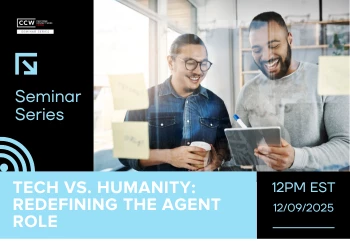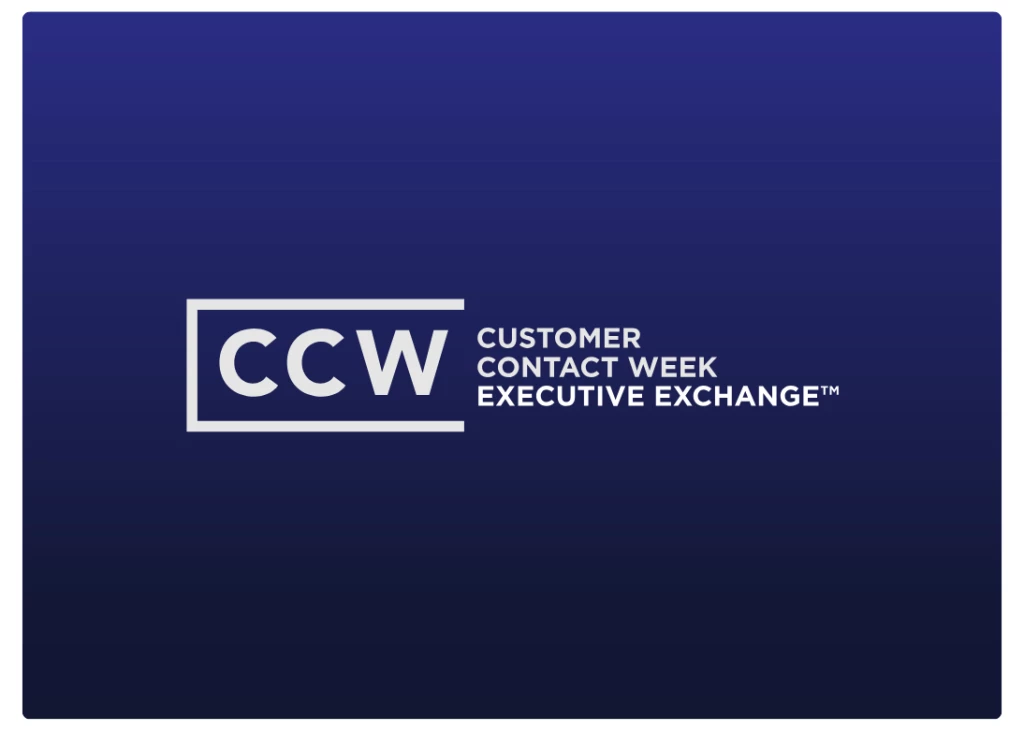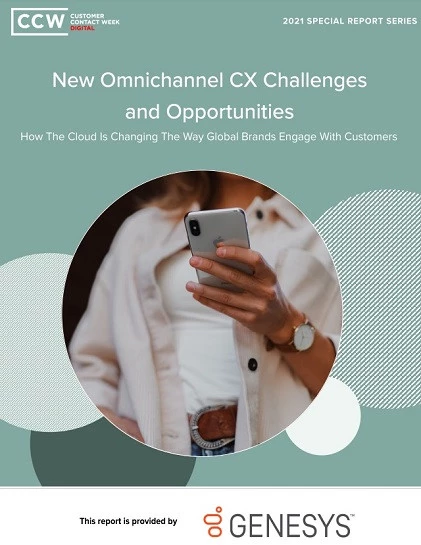UFC, WWE Wrestle with Twitter: Does Social Media Make Your Brand Less Special?
Add bookmarkIn March 2010, wrestling promotion Total Nonstop Action (TNA) was marketing a much-anticipated move to Monday nights, where it would go head-to-head with the dominant WWE Monday Night RAW.
As its final marketing push, TNA advised fans not to miss the first five minutes of the show, during which something special was booked to happen. Yet instead of putting the announcement on its final show in the Thursday timeslot, which drew 1.49 million viewers, TNA posted the commercial for a YouTube audience of less than 100,000. Sure enough, ratings for TNA iMPACT! greatly underwhelmed in the Monday timeslot, and it was soon moved back to Thursdays.
TNA’s apparent overestimation of social media’s impact has been par for the course within the "combat sports" sector. Pro wrestling leader World Wrestling Entertainment (WWE) and mixed martial arts juggernaut Ultimate Fighting Championship (UFC) have similarly committed significant resources, attention and faith to social media, and they, too, have seen little return on their core business metrics (namely, pay-per-view buys, television ratings and live attendance).
Recapping a conversation he had with the leader of a major combat sports promotion, top industry journalist Dave Meltzer wrote, "Every major company (UFC, WWE and TNA) that has embarked on usage of Twitter and Facebook has ended up having their key business metrics (ratings, PPVs) decline... There is a reason why. Stars killing their aura as stars. They get people to talk about them, but they also make people less want to pay to see them because they come across like they aren't stars."
Interesting about the assertion is that Meltzer and his industry "source" are not simply saying social media is ineffective at driving business for wrestling and mixed martial arts (as critics allege is the case for many industries)—they are arguing it has an intuitively-negative effect on the respective brands.
If that’s the case, why don’t they "tap out" of social media?
Reliance on social media, nonetheless, persists in these organizations. UFC President Dana White maintains one of the most popular Twitter accounts online with just under 1.7 million followers. He uses the platform to announce fights and news, engage other celebrities in talk about UFC shows, comment on fights as they happen and urge fans to meet him at random locations (ie, the first person to find me at Best Buy in Union Square receives free tickets to this weekend’s fight).
Ever-candid, White also is willing to engage in heated debates with fans about the fight game and even wryly offered one of his detractors (who said he wanted to slap White) airfare and lodging to come to the site of an upcoming UFC show for a chance to deliver that slap.
Reports earlier this year said that UFC was offering cash bonuses to fighters who maintained the most successful Twitter accounts. And, from a strategic perspective, sources say White listens very carefully to feedback from Twitter followers, believing that they—more than any other online group—represent the core audience he should most try to appease.
Twitter is not the only emphasis, however. UFC recently began airing its "prelims" (fights that take place for the live audience, ahead of the main matches, that are not guaranteed to air on TV or pay-per-view) on Facebook as a way to keep viewers satisfied and generate some last-minute buzz on fight night.
WWE aggressively uses Facebook and Twitter in its marketing strategies, using social media—along with its official website—to make storyline and promotional announcements for its TV and pay-per-view shows. Virtually all wrestlers interact with fans on Twitter and Facebook, and during live broadcasts, the company proudly boasts when its performers, storylines and gimmicks are "trending."
In creating recent "worked shoot" storylines (ones that consciously blur the line between character and reality to make fans question whether they are truly scripted) WWE has heavily relied on Twitter, with its personalities posting storyline-related comments and photos exclusively on the social network. Once, during a match, Mike "The Miz" Mizanin was shown taking photos of the in-ring action—these photos were promptly posted to his Twitter account.
By giving wildcard personalities one-click, 24/7 access to a public audience, Twitter and Facebook have, of course, produced some brand black marks. For combat sports organizations, there have been blatantly-alcohol-fueled comments, rants that disparage the brand, arguments with loyal fans, allegedly-‘hacked’ nude photos, mass-controversy-generating homophobic remarks and even psychological meltdowns. But these risks go with the territory, and given the cast of characters UFC, WWE and TNA bring to the "Twitter-verse," the end result of the social discourse itself has been within the realm of the desirable.
It’s not all positive—but still, shouldn’t some success be experienced?
With multi-dimensional, substantial commitments to social media in place, WWE and UFC have been exhaustive in their efforts to create engagement between their brands, their talent and their fans. And yet the lack of demonstrable success—in fact, a downturn in key performance indicators—persists.
That reality is particularly crushing for the UFC, given the fact that its profile should, technically, be on the rise. The network has consistently been gaining media coverage from mainstream sports outlets, its fighters are more athletically-gifted than they have ever been and it recently inked a long-term television deal with FOX, which will commence with the first live UFC show on a major broadcast network this November. Its pay-per-view buyrates and television ratings, however, have fallen from their peak levels. Awareness might be up, but the conversion of awareness to loyal viewership is down.
One of the selling points of social media—and one of the virtues embraced by countless brands—is the fact that Twitter and Facebook help to "humanize" otherwise-distant celebrities and corporations. Given that notion, which is so entrenched in the concept of social media, it is interesting to consider the aforementioned opinion that WWE, UFC and TNA are suffering due to the "humanizing" of their larger-than-life stars.
That intrigue is especially significant due to how other entertainment personalities have benefited from social media and the associated "humanity." Taylor Swift, the best-selling domestic music act, has built a brand on the idea that she is a regular girl—hardly any different than the tweens, teens and young adults who enjoy her music. Justin Bieber, Demi Lovato, Hayley Williams and countless others have successfully mobilized their social fanbases to buy records, while Ashton Kutcher’s dominant Twitter presence hardly hurt the season premiere of his "Two and a Half Men," which garnered nearly 30 million viewers.
With wrestling and UFC, however, the perception is different. On television, wrestlers deliberately portray larger-than-life, somewhat-cartoonish characters, and they need to adhere to a concept of "good guys" and "bad guys" as they convince fans to spend money watching them pretend to fight. Given the fact that WWE offers scripted wrestling at a time when fans can readily watch real fighting in UFC, the success of the product hinges on viewers getting invested in the stories that drive conflict between the performers.
Many wrestlers are at least somewhat conscious of "character" on Twitter, but to the extent that they do still interact as real people and do have the "follower" count as an ongoing benchmark of their "likability," they often break the fantasy associated with pro wrestling. They might technically be sticking to their "good guy" and "bad guy" personas, but if they, due to the nature of Twitter, feel compelled to provide candid windows into their daily routines and witty, sarcastic comments that generate re-Tweets, they could be sacrificing their brand identity.
Social engagement is a particular challenge for wrestlers because the performers, though in exaggerated characters with aliases, are technically playing themselves on television. Kiefer Sutherland, in illustrating the contrast, is viewed as separate from his iconic Jack Bauer character, so a comment from Sutherland about liking cats or going to a wine-tasting would not have ruined the appeal of "24." Since wrestlers are only known as their on-air personas, a "normal person" Tweet could be as damaging to their brands as "Jersey Shore" star Snooki Tweeting a PhD-level opinion on Kantian ethics.
Target audience also matters. Wrestling personalities and industry insiders are known for a specific conception of "The Internet"—a know-it-all, jaded, cynical audience that dismisses the fantasy element of wrestling storylines and wants everything to seem "inside" and "real." Since Twitter and Facebook are on the Internet, many performers see this audience as their only target—they Tweet to those who refuse to get fully-immersed in the storylines, rather than to those who see their characters as "heroes" and who will worship a wrestler the same way teenage girls worship Justin Bieber.
This "target" is not necessarily the best for social engagement. This "smart" audience already has a very strong opinion of the product, and it is likely either already watching and ordering the shows (and therefore not worth the marketing focus) or hip to illegal streams for watching the pay-per-views. Undoubtedly, some of Taylor Swift’s Twitter audience illegally-downloaded her album instead of buying it, but as she is ultimately targeting actual "fans" rather than skeptics who question whether she can really sing, her engagement will more-clearly drive revenue.
Though UFC is not driven by scripted storylines, one would be fooling himself if he did not think character mattered. Just like the model for pro wrestling, fights are most appealing when they are not simply an athletic endeavor but a manifestation of a believable rivalry between the two competitors—or at least a meeting of two larger-than-life, legitimately-intimidating and compelling personalities. For this model to work, UFC fighters have to largely be seen as distant from the audience; mixed martial arts has already proven that the best fighters do not have to look Herculean, but the appeal will suffer if the fighters do not at least seem special in presence.
It might be less paranoid about its "Internet" following, but UFC still faces some inherent issues with mobilizing the target audience. Insofar as customers have a binary decision regarding fights (to watch or not to watch), there is little "gray area" for converting engaged fans to loyal viewers. The "diehards" who make up a chunk of UFC’s social media target are, naturally, the ones most likely to have a strong, pre-conceived opinion on that binary decision. Knowing Rashad Evans is a funny guy might drive a Twitter follow, but will it really lead that "diehard" to shake his conceptions about the product?
Indeed, one of the only fighters to truly raise his profile in conjunction with the rise of social media is Chael Sonnen, who became one of the sports' most-talked-about fighters after viral video emerged showcasing his unparalleled ability to sell a fight. Sonnen is very conscious of "character" in his Tweets and video interviews, and the result is the creation of a larger-than-life, controversial figure--a prototype for how other fighters can benefit with social media.
Sonnen's edgy, laugh-out-loud delivery single-handedly "sold" his August 2010 match against seemingly-unbeatable Middleweight Champion Anderson Silva, helping the show garner at least 100-200,000 more buys than most would have expected had Sonnen relied only on the draw of his fighting ability to promote the match.
(Even social media's role in Sonnen's success is in question, however. While "social" was how he started to make his name ahead of the Anderson Silva fight, the experiment was not controlled because he also received immense UFC TV exposure. Even though he remained as relevant as ever on YouTube and Twitter, his recent fight with Brian Stann was an undercard fight and did not receive the same level of traditional marketing--indications are that Sonnen did little to move the needle for that show)
Most, however, fall short of creating this "larger than life" persona and instead disillusion fans by portraying themselves as "regular dudes."
The lesson worth learning
To some extent, the social media hurdles facing WWE and UFC are unique—most brands and entertainment personalities do not so strictly need to protect "character," and their audience does not consist of a strong "cynical" segment that will deliberately put up a wall against social engagement.
But the issue still yields a valuable lesson—companies need to factor brand preservation into their social strategy. It may seem exciting to do whatever is necessary to cultivate followers and Re-Tweets, but if the support is based on an imagine inconsistent with the overall brand, it will show no impact on the bottom line. It might even undermine the core business objectives.
Want to better market your brand on social media? Get wisdom from your VP- and C-level peers at Marketing 360 Exchange. Attendance to this unprecedented event is FREE if you qualify as a top marketing leader!














